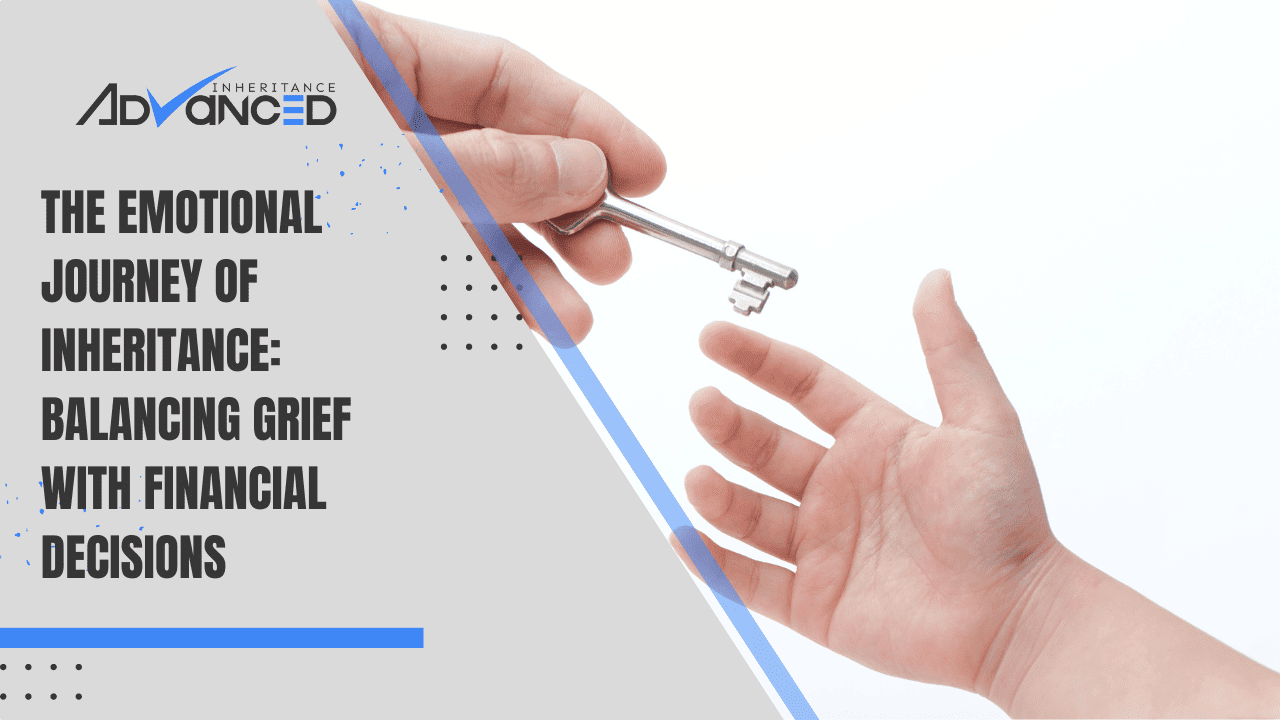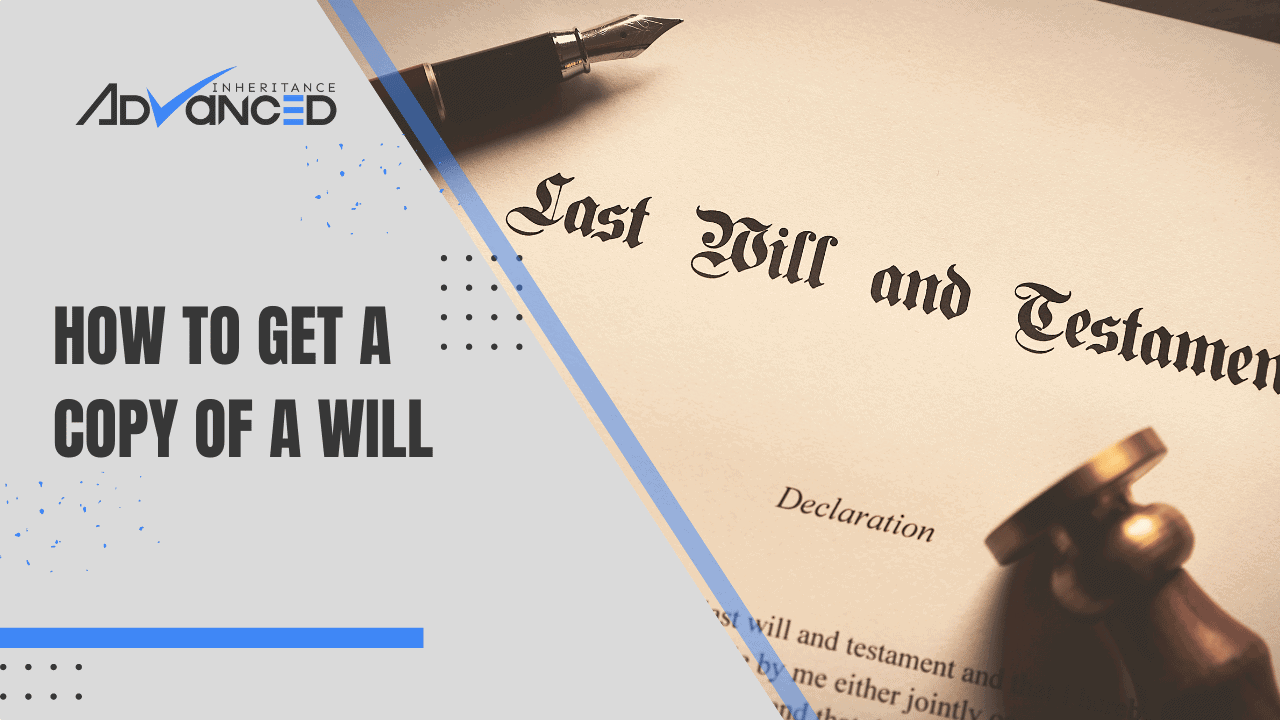When it comes to selling a property that is inherited, it can sometimes be a complex process. One of the biggest questions that arise is whether all the heirs must agree to the sale or if just one person can make the decision. Understanding the rules and regulations surrounding inheritance and property sales is crucial in order to ensure a smooth process for all parties involved. In this blog post, we will explore the requirements for selling an inherited property and whether all heirs must agree to the sale.
Can an heir sell off the property when the asset is still in probate?
An asset that is still in probate is considered to be under the control of the court until the probate process is complete. During this time, the distribution of the asset, including any real estate properties, is determined. Depending on the jurisdiction, an heir may or may not be able to sell the property while it is still in probate. In general, the executor or administrator of the estate is responsible for managing the assets during probate and may have the authority to sell the property if it is deemed necessary for the settlement of the estate. However, in some cases, the court may need to approve the sale before it can take place. It is important to check with a local attorney to understand the specific laws and regulations in your area regarding the sale of a property while it is still in probate.
Selling off the property after the probate proceedings
Once all probate proceedings have been completed and inheritances administered, all heirs are entitled to sell whatever property is willed to them.
However, there are cases where more than one heir is given just one property to share. For example, the deceased wills one apartment building to ten heirs. Five of them may wish to live in the building and not have to pay rent, while the remaining five may consider it partial that they don’t get enough value for the building.
If five, but not all, the heirs make a move to sell the property; they may face resistance from others. However, the heirs who wish to sell the property can file an action for partition with the help of an attorney.
All the heirs do not have to agree to the sale of a property for it to be sold. If, as much as one heir decides they want to sell the property and take up their share of the proceeds, a court may grant their request.
There are other ways to settle an issue like this. Say, for example, a building is willed to five heirs; three want to sell, while the other two want to continue living on the property. The two who want to retain the property may decide to pay the other three the worth of their share of the property and keep it to themselves.
Can the probate court stop the sale of a property?
As mentioned earlier, the court will decide when it is time for the estate to be administered among the heirs. Before any property can be sold, the probate court must ensure that all debts are paid in full.
No assets can be sold unless the probate process is completed. After the probate process, if an heir decides they want to sell off a jointly owned property, they must take it up with the other heirs in court. At this stage, it has left the jurisdiction of the probate court.
Talk With The Professionals At Inheritance Advanced
If you’re dealing with an inheritance and want to ensure a smooth and stress-free process, consider reaching out to Inheritance Advanced for assistance. Our team of experts is highly knowledgeable in the area of inheritance and can help guide you through the complex legal and financial aspects of the process. Whether you have questions about selling an inherited property or need help navigating probate court, Inheritance Advanced is here to provide the support you need. Contact us today to learn more about our services and how we can help simplify the inheritance process for you. Don’t let the legalities of inheritance weigh you down, let Inheritance Advanced handle the heavy lifting.
FAQs
Can the executor sell off property without all beneficiaries’ approval?
Executors do not need permission to sell the property as long as they do so within their legal rights and jurisdictions. This is because the executor has to ensure that all the creditors are paid in full before administering the rest of the estate. However, he will notify all the beneficiaries to inform them of the sale and go ahead with it, not minding if they agree.
Can heirs force the sale of a property?
Heirs can force the sale of property only after the probate proceedings have been completed. If one heir decides they want to sell a jointly owned property, they can take the matter to court with the help of an attorney, and they may be granted their request.
Can one heir sell a property without the other heirs’ permission?
No heir has the right to sell off a jointly owned property without the approval of the other heirs. Also, they cannot do anything about the property until after the probate proceedings are concluded. Only the executor can sell the property during the probate process. However, once the estate has been administered, the executor ceases to have any say on how the property is handled.









